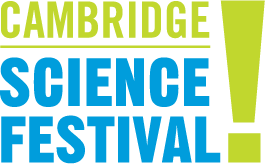2021 Vision
With the cancellation of the 2020 Cambridge Science Festival,
2020 Vision: I See What You Did There
became the virtual science chorus
2021 Vision: We Should Have Seen That Coming
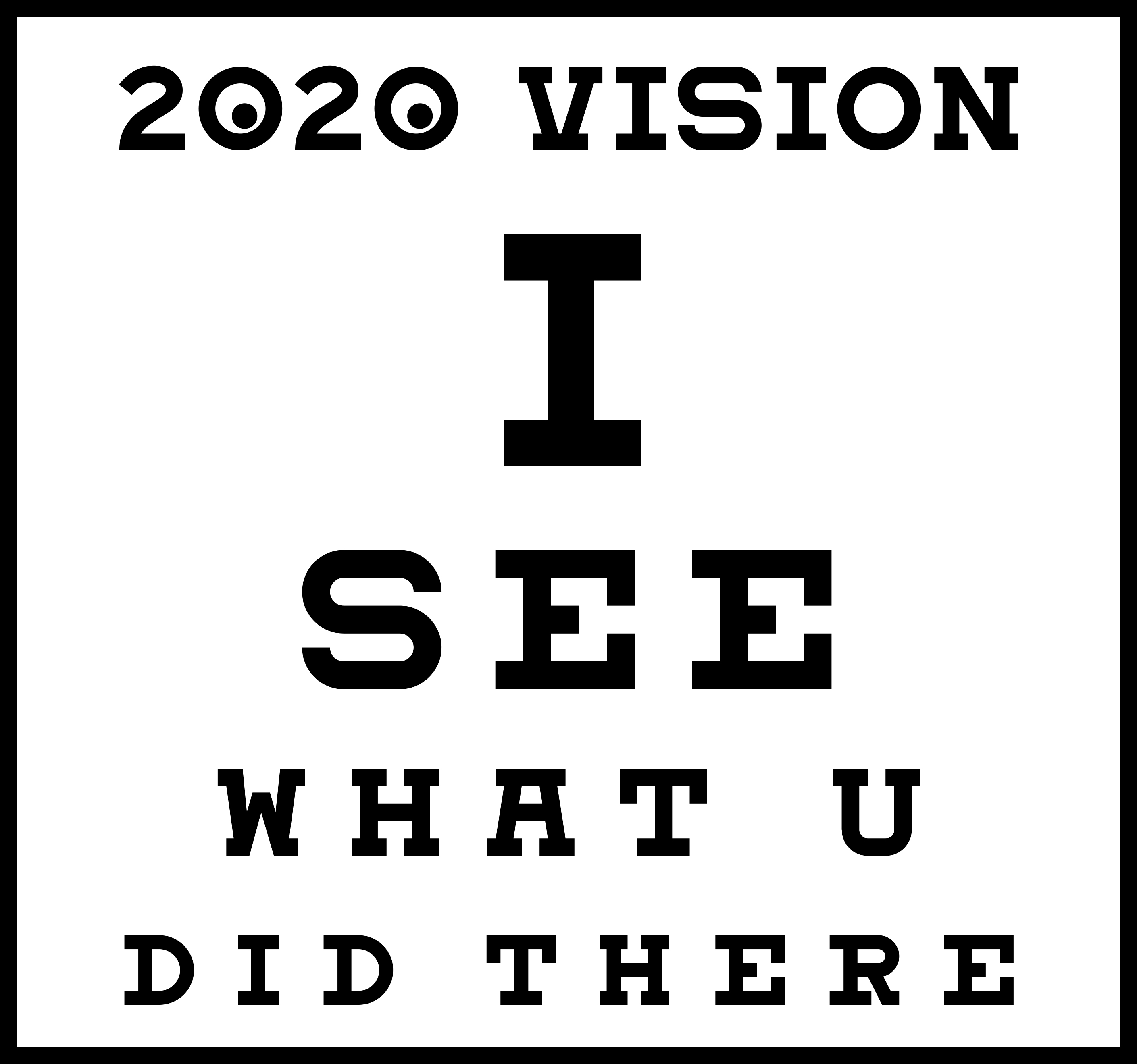
Directed by David Bass
| Rehearsals: | Wednesdays, 6:15 to 7:30pm, January - April |
| Peabody School, 70 Rindge Ave. | |
| Cambridge, MA 02140 | |
| Performances: | During the two weekends of the next Cambridge Science Festival |
| Times and locations TBA | |
| Free! | |
202n Vision: We Should Have Seen That Coming is a collection of 20 entertaining and inspiring songs about the miracle of sight and the other sensory systems. Written by eleven contemporary composers, including Michael Ching, David Haines, Bruce Lazarus, Dan Kallman, Lauren Mayer, Graham Treacher, and local composers Andrea Gaudette, Tim Maurice, Ruth Hertzman-Miller, Molly Ruggles, and Stanley Sagov. The program also includes a medley of songs composed by Cambridge Public School students under the direction of David Haines, as part of David's CPS Songwriting Workshops. The entire program will be accompanied by a slideshow of the song lyrics and children's artwork.
The NCFO Science Festival Chorus comprises 40-60 adults and children (ages 6 and up) from Cambridge and surrounding communities.
See below for recordings of the music from 202n Vision and information about the composers and lyricists who wrote it.
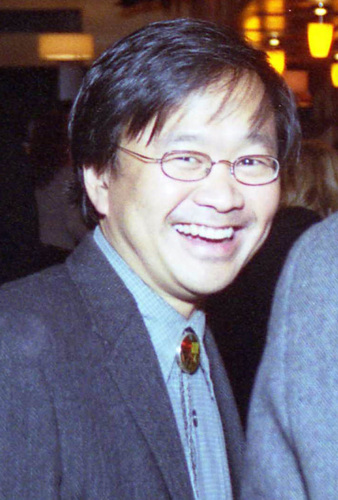 |
Michael Ching is a composer and conductor, who is best known nationally for his innovative operas. His most recent opera, Speed Dating Tonight! has already been performed over 25 times. His a cappella opera adaptation of Shakespeare’s A Midsummer Night’s Dream (2011) was released on Albany Records. His newest project, Alice Ryley, A Savannah Ghost Story, had its premiere in October 2015. He is music director of Nickel City Opera in Buffalo, NY. Michael lives in Iowa and would enjoy hearing from you about his pieces at MrBillow@juno.com. |
 |
Jennifer L. Knox’s fourth book of poems, Days of Shame and Failure, was |
202n Vision features one song by Michael Ching and Jennifer L. Knox:
- What Do You See, Butterfly? – Some animals, such as butterflies, bats, cuttle fish, and cats, can see light wavelengths, intensities and polarization that we cannot.
[ 2015 Broad performance audio / 2015 Peabody performance audio / 2015 performance with slide show ]
 |
Andrea Gaudette has been playing music professionally since |
202n Vision features one song by Andrea Gaudette:
- Invisible Colors – We can see the colors of the visible spectrum, but not shorter wavelengths (such as ultraviolet) or longer wavelengths (such as infrared).
[ 2015 performance audio / 2015 performance video / demo ]
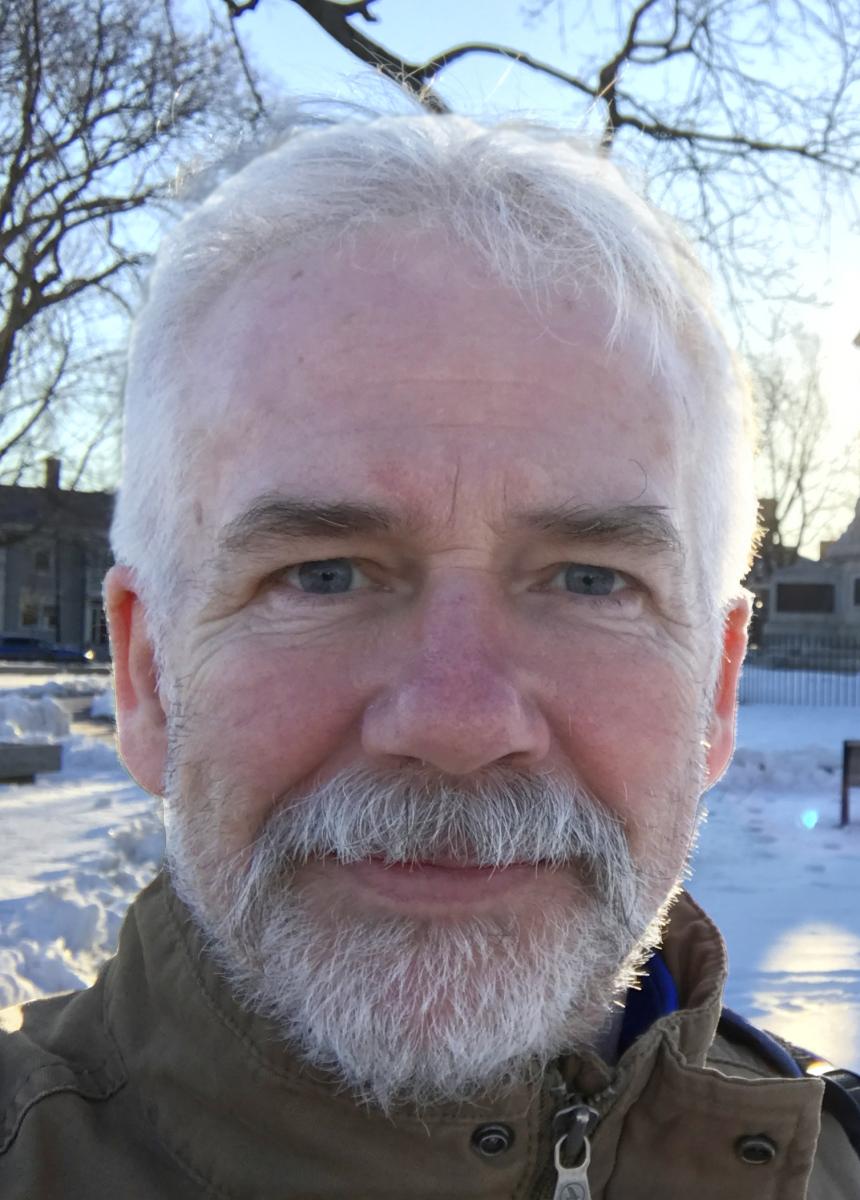 |
Trained at Bristol University, London's Guildhall School, and Banff School of Fine Arts, |
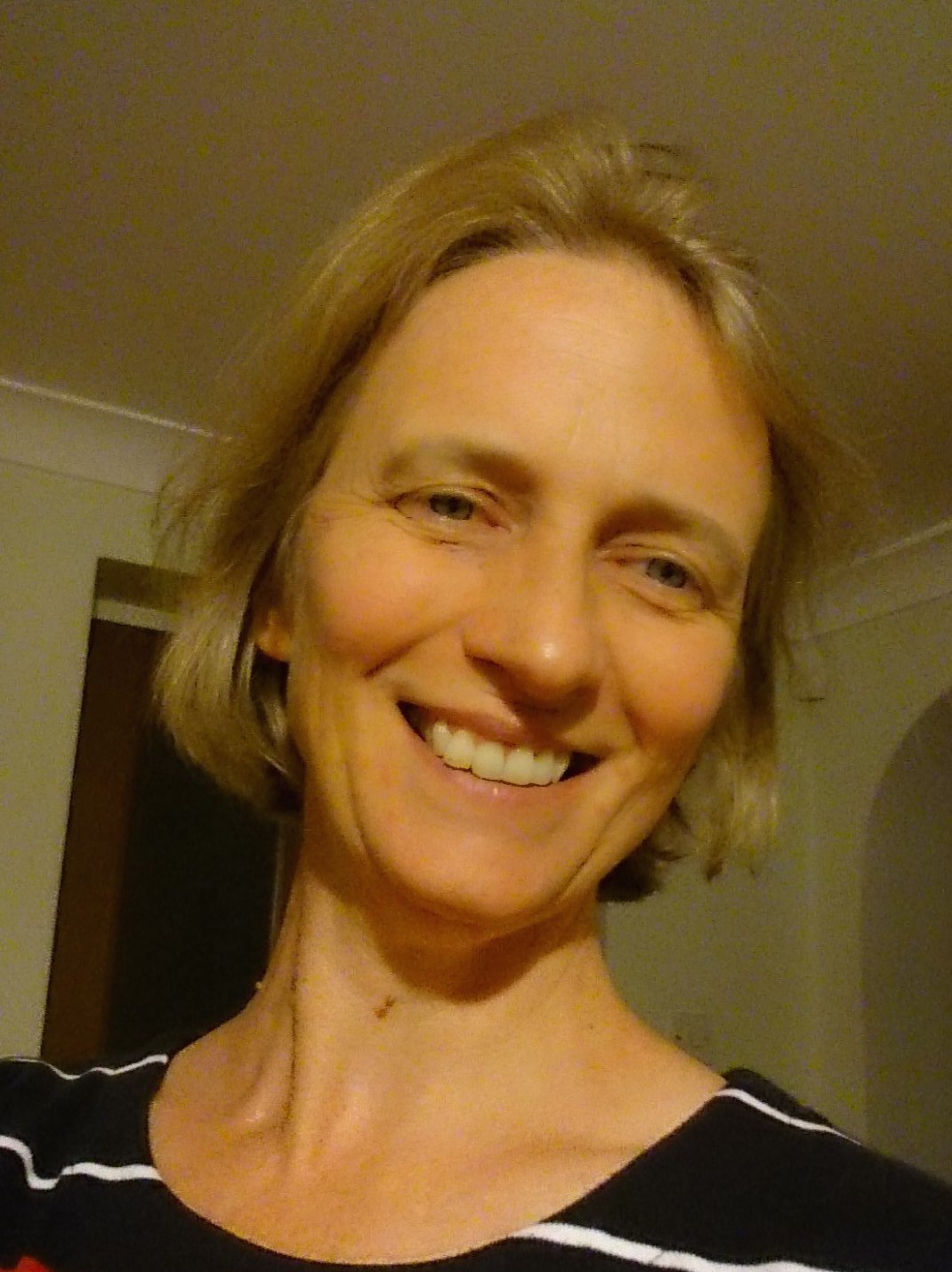 |
Rachael Shearmur was a member of the choir which premiered David |
202n Vision features five songs by David Haines, plus a collection of songs written by David in collaboration with young children during his songwriting workshops in the Cambridge Public Schools:
- Cataracts (world premiere) – David's body is not exactly aging gracefully. One of the ways it is breaking down is the clouding of the lenses in his eyes from not wearing sunglasses enough on sunny days. No problem, the eye surgeon will replace his spent lenses with plastic ones, just as soon as NHS says his name has come up on the list.
[ performance audio / performance with slide show / demo ] - Evolutionary Eye (Lyrics by Rachael Shearmur; US premiere) – Even some primitive unicellular organisms are able to detect light. The evolution from primitive eyespots to image-perceiving organs began during the Ediacaran Period, at the end of the Precambrian Era. The sudden diversification of fauna in the fossil record at the start of the Cambrian Period (the Cambrian Explosion), may have been an evolutionary response to predators obtaining the power of sight.
[ virtual performance audio / virtual performance video with lyrics / demo ] - Optical Illusions (world premiere) – The eyes can tell the brain about the light being project onto the retinas, but it is up to the brain to interpret that information. Sometimes images are ambiguous, sometimes they overwhelm the brain with more information that it can process, and sometimes the brain imposes its expectations on the information it receives. When the results are not disasterous, they can be highly entertaining.
[ performance audio / performance with slide show / demo ] - Single Photon (world premiere) – our eyes have evolved such a high level of sensitivity that they can, on occasion, detect a single photon aimed at the retina. Humans have yet to build a mechanical device that can match this feat at ambient conditions.
[ performance audio / performance with slide show / demo ] - Six Dots – Blinded as a toddler, Louis Braille adapted a military code of raised dots and dashes into an alphabet for the blind in 1824, while only 15 years old. Neglected in his lifetime, Louis Braille’s brilliant invention has transformed the lives of generations of blind people the world over. Written in collaboration with members of Teignmouth Community Choir, Devon, UK.
[ 2011 performance audio / 2011 performance with slide show ] - Songs written with young school children (world premiere) – Every year from 2007-2019, David Haines worked with about 50 classrooms in the Cambridge schools, guiding the students as they write a song about some aspect of their science curriculum. These are some songs that touch on sensory systems:
- Animal Camouflage – Camouflaged creatures blend in so well with their surroundings that they must use senses other than sight to find each other. [demo]
- Howler Monkey Senses – Howler monkeys have calls that can be heard five km away and can smell food 2 km away. [demo]
- My Senses in the Rain – There are unique sights, sounds, sensations, smells and even tastes that we associate with a rainy day. [demo]
- Searching for Delicious – What we think of as "flavor" is actually a combination of smell and sweet, sour, salt, bitter and umami taste receptors. [demo]
- Signals with Senses – People, like animals, use all of their senses to communicate. [demo]
[ performance audio / performance with slide show ]
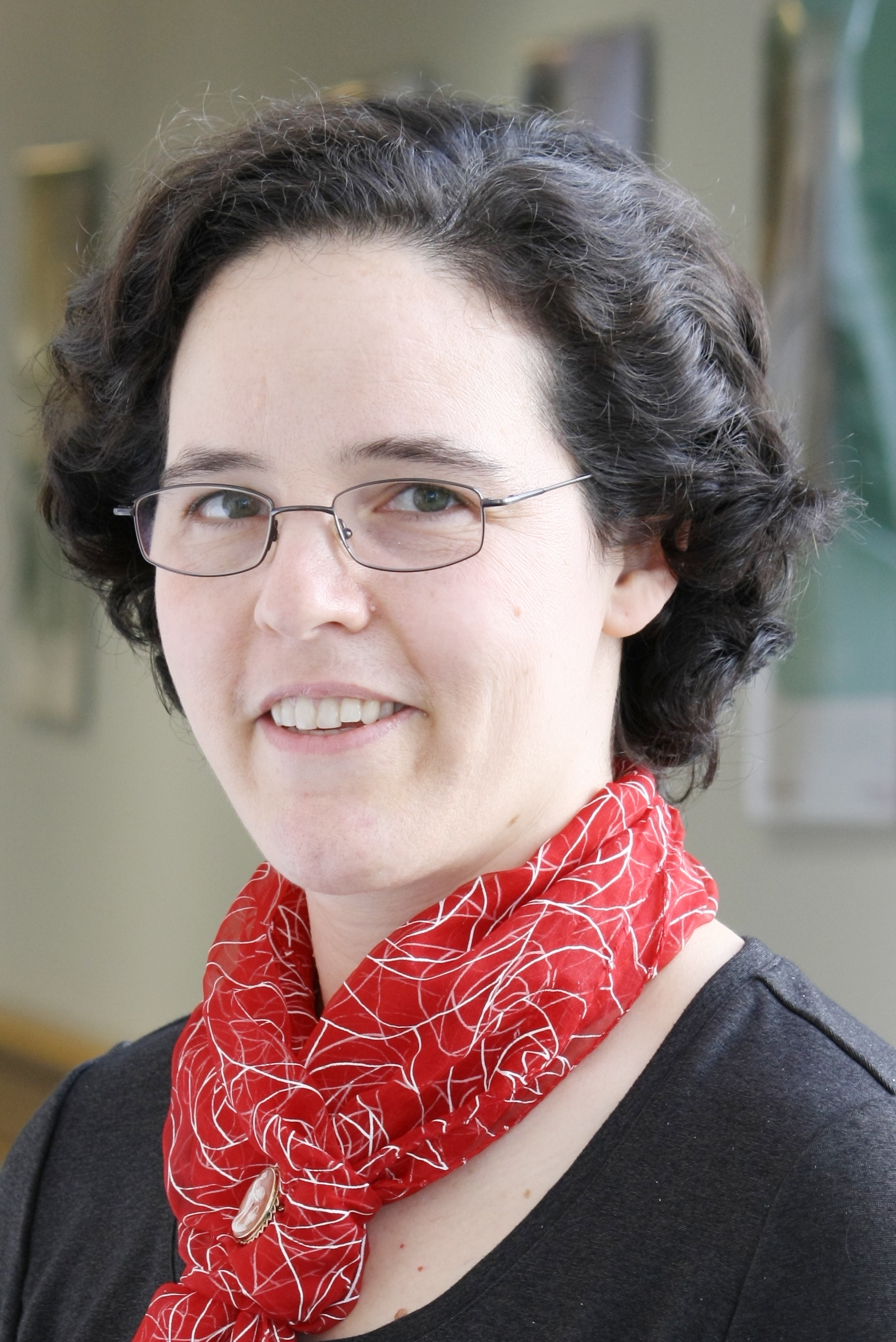 |
Ruth Hertzman-Miller is a Boston-area |
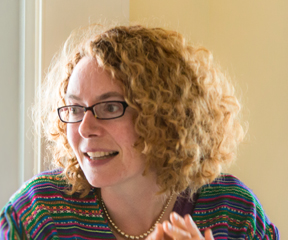 |
Meg Muckenhoupt works for OpenBiome |
202n Vision features one song by Ruth Hertzman-Miller and Meg Muckenhoupt:
- Topsy-Turvy Vision (world premiere) – An image projected onto the retina is flipped upside down by the lens, then half of the optic nerve fibers from each eye cross over to the other side of the brain in the optic chiasm. If all goes well, the brain somehow makes sense of the jumble and interprets it as a single right side up and stereoscopic object. Cha cha cha!
[ virtual performance audio / virtual performance video with lyrics / demo ]
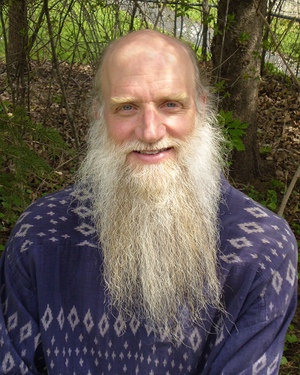 |
Daniel Kallman's compositions for orchestra, winds, and choir are widely published and performed across North America, Europe and East Asia. His steady stream of commissions includes music for worship, theater, dance, and the young musician. Kallman has composed for the National Symphony Orchestra, the Air Force Academy Band, the Hong Kong Children's Choir, the Minnesota Orchestra, A Prairie Home Companion, and a wide variety of vocal and instrumental ensembles. The principal publishers of Kallman’s music are Morning Star Music (church choir), Hal Leonard (choral), Shawnee/Mark Foster Press (children’s choir), Boosey and Hawkes (winds and choral), and Lauren Keiser Music (orchestral). All of Kallman’s works are catalogued on his website. |
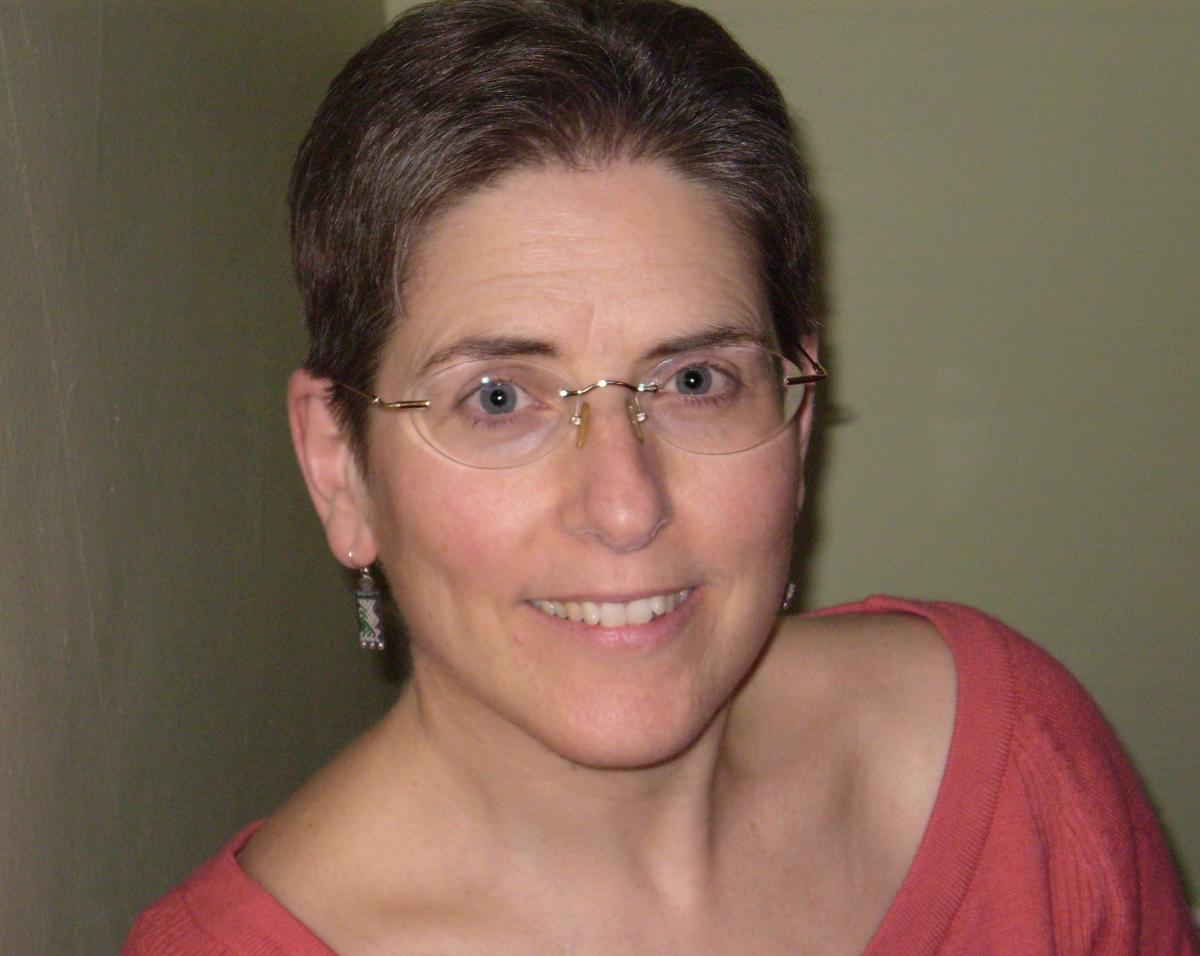 |
Christine Kallman is a playwright, lyricist, poet and musician. Her work has been supported and produced by arts organizations, theaters, schools, colleges and churches. She has taught music and theater to young people in the classroom, theater camp, and private studio. Among her works are full- length plays, one-acts, and musicals, including Donata’s Gift, a holiday musical based on the Italian legend of Old Befana. Her most recent play, A Falling Out, is set at the time of the Cuban Missile Crisis and was presented last spring in a staged reading supported by the Southeastern Minnesota Arts Council through a McKnight Artists Grant. In addition to writing song lyrics, Kallman has received several commissions to write hymn texts. |
202n Vision features one song by Daniel and Christine Kallman:
- In the Faraway Near of the Hidden Ear (world premiere) – A musical fantastic voyage from the external auricle to the cochlea and semicircular canals of the inner ear.
[ performance audio / virtual performance video with lyrics / demo ]
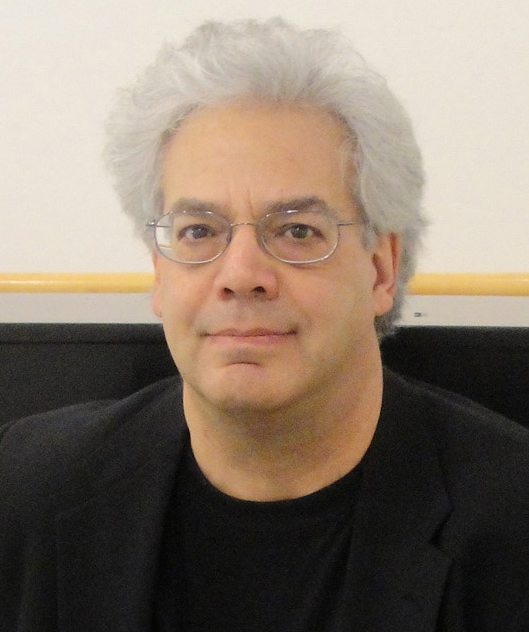 |
Composer Bruce Lazarus's music includes pieces for piano, solo voice, |
 |
Author and lyricist Bobbi Katz once told Contemporary Authors: "I write for |
202n Vision features three songs by Bruce Lazarus:
- The Dizzy Song (world premiere) – Our ears do more than just hear. The semicircular canals and otolyth organs in the inner ear detect movement, acceleration, head position and spatial orientation, so that we can maintain our balance, stabilize our head and body during movement, and maintain posture. When the vestibular system goes awry, you literally don't know which way is up.
[ performance audio / performance with slide show / demo ] - ROY G BIV – Isaac Newton divided the visible spectrum into seven colors, identifiable by this acronym. Newton chose the number seven based on a mystical belief that the number of colors should match the number of notes in a musical scale, the number of days in the week, and the number of known objects in the solar system.
[2015 Broad performance audio / 2015 Peabody performance audio / 2015 performance with slide show / demo ] - That's How Things Are Seen (world premiere) – What we think we see is actually an intricate pas de deux between what the eyes send to the brain and how the brain interpret, interpolates and extrapolates that information.
[ performance audio / performance with slide show / demo ]
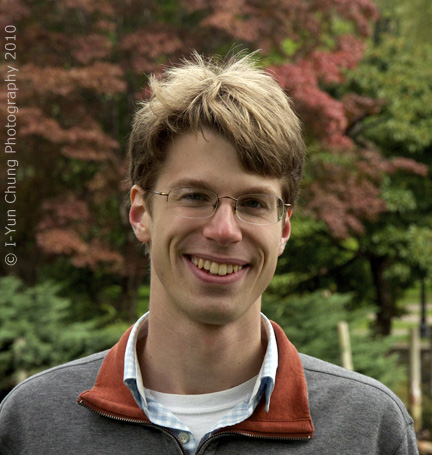 |
Tim Maurice is a classically trained musician working as an arranger, |
202n Vision features one song by Tim Maurice:
- Perfect Pitch (world premiere) – With the right genes and early immersion in music, you would be able to identify pitches as easily as you could identify colors. Tim has perfect pitch, and when he was a child, different notes seemed to him to have their own personalities. They were his friends.
[ performance audio / virtual performance with slide show / demo ]
 |
Lauren Mayer is a California-based, award-winning writer and |
One Whole Step for Man features three songs by Lauren Mayer:
- The Nose Knows (world premiere) – When you ask Lauren to write a song about why humans evolved to perceive certain odors as unpleasant, of course she going to come back with a funk number.
[ performance audio / performance with slide show / demo ] - The Power of How We Feel (world premiere) – Our sense of touch provides practical information that helps us navigate the world, but touching each other also releases hormones that enhance our sense of well-being. This is partly why social distancing during the Time of Covid-19 exacts such an emotional toll on those trying to stay safe from the virus.
[ performance audio / performance with slide show / demo ]
 |
A native of Massachusetts, Molly Ruggles has played |
One Whole Step for Man features one song by Molly Ruggles:
- All About Tears (world premiere) – Basal and reflex tears contain chemicals that lubricate, wash and disinfect the surface of your eyes, keeping them healthy. Emotionally-induced psychogenic tears also contain high levels of stress hormones, as the body uses this pathway to moderate levels in the body. That's why a good cry feels so restorative and helps keep the rest of you healthy.
[ performance audio / performance with slide show / demo ]
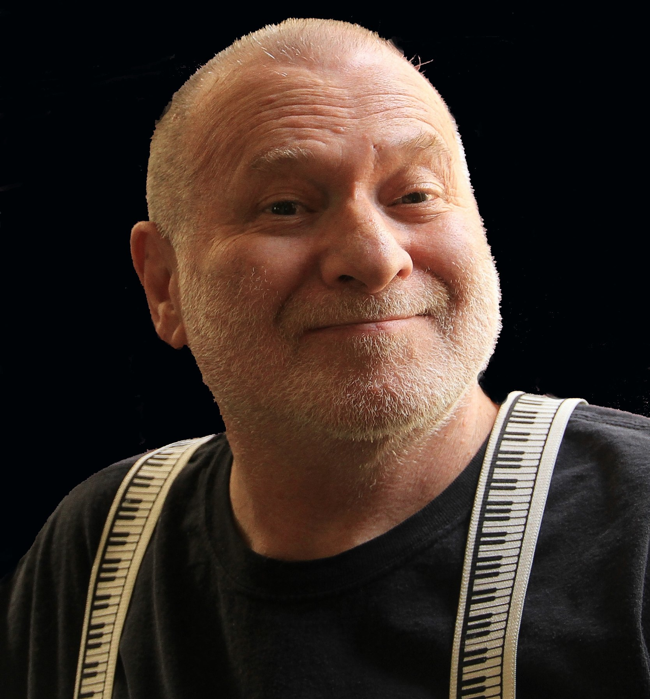 |
Born in Cape Town, South Africa in 1944, Stanley Sagov is a dazzling jazz pianist and composer who is skilled on a number of other music instruments and who is also skilled with surgical instruments, as he simultaneously has a full time career as a medical doctor. He constantly amazes his colleagues in both music and in medicine with his ability to lead such an intense dual life both as a physician and as a musician. Dr. Sagov produces enough music to fill the contents of a full CD almost every month in his home studio. He is also a top notch photographer who shoots nature, people and places with the eyes of an unusually sensitive personality. Despite devoting his life to healing, ironically Dr. Sagov is so talented it just makes you sick. |
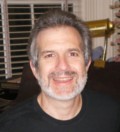 |
David Bass is a composer and lyricist who feels he needs no introduction. Many who have been introduced to him feel the same way. |
202n Vision features one song by Stanley Sagov and David Bass:
- Four Eyes (world premiere) – Umm... we haven't written this one yet. But we will, promise.
[ performance audio / performance video / demo ]
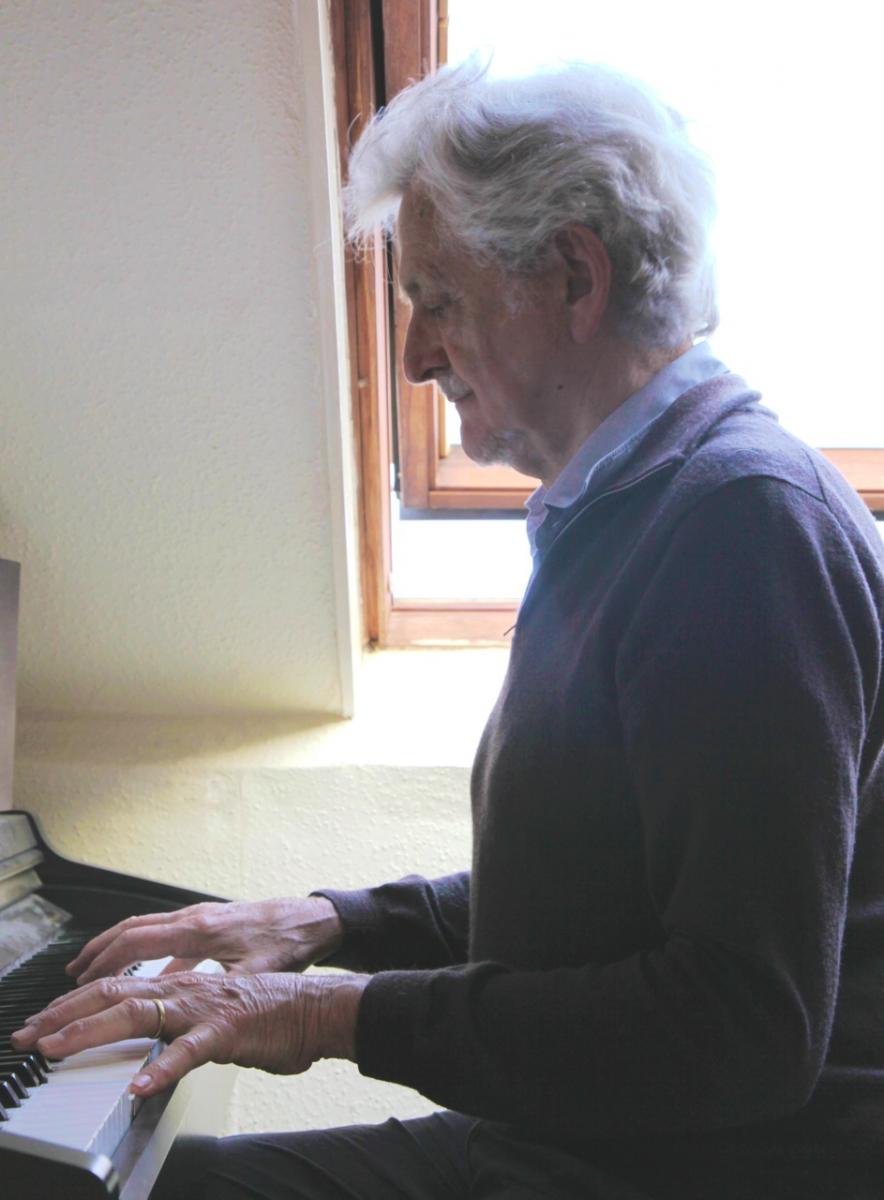 |
Graham Treacher is a composer and conductor living in London. |
202n Vision features one song by Graham Treacher:
- The Song of the Octopus – Octopus and squid eyes look remarkably like our own, but they evolved completely differently. Our eyes grew from brain tissue, while cephalopod eyes developed from light-sensitive patches on the skin, a classic example of convergent evolution.
[ 2018 performance audio / 2018 performance with slide show / demo]
»





